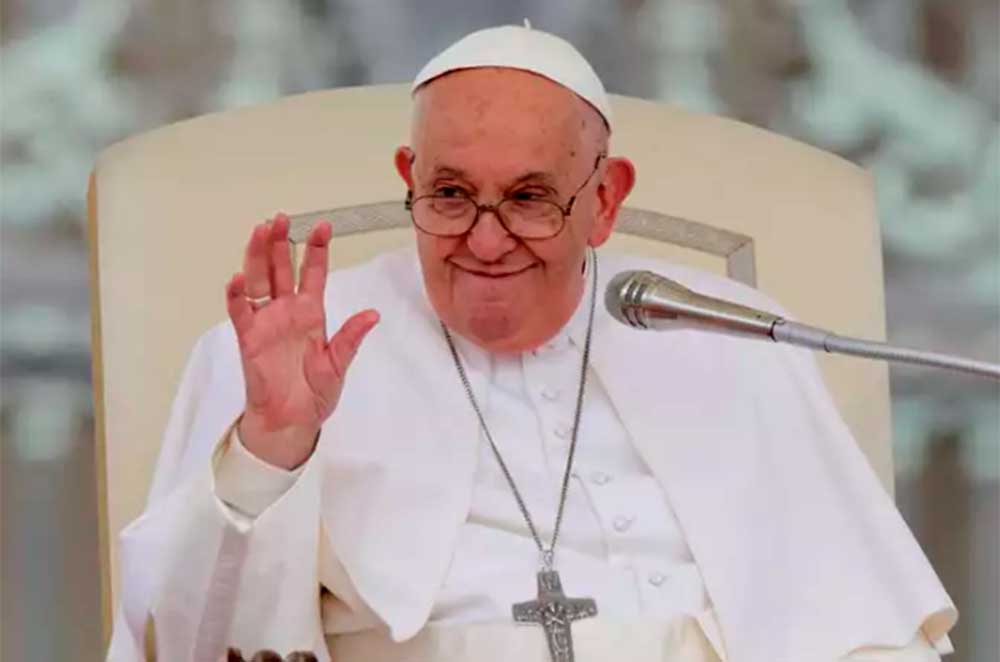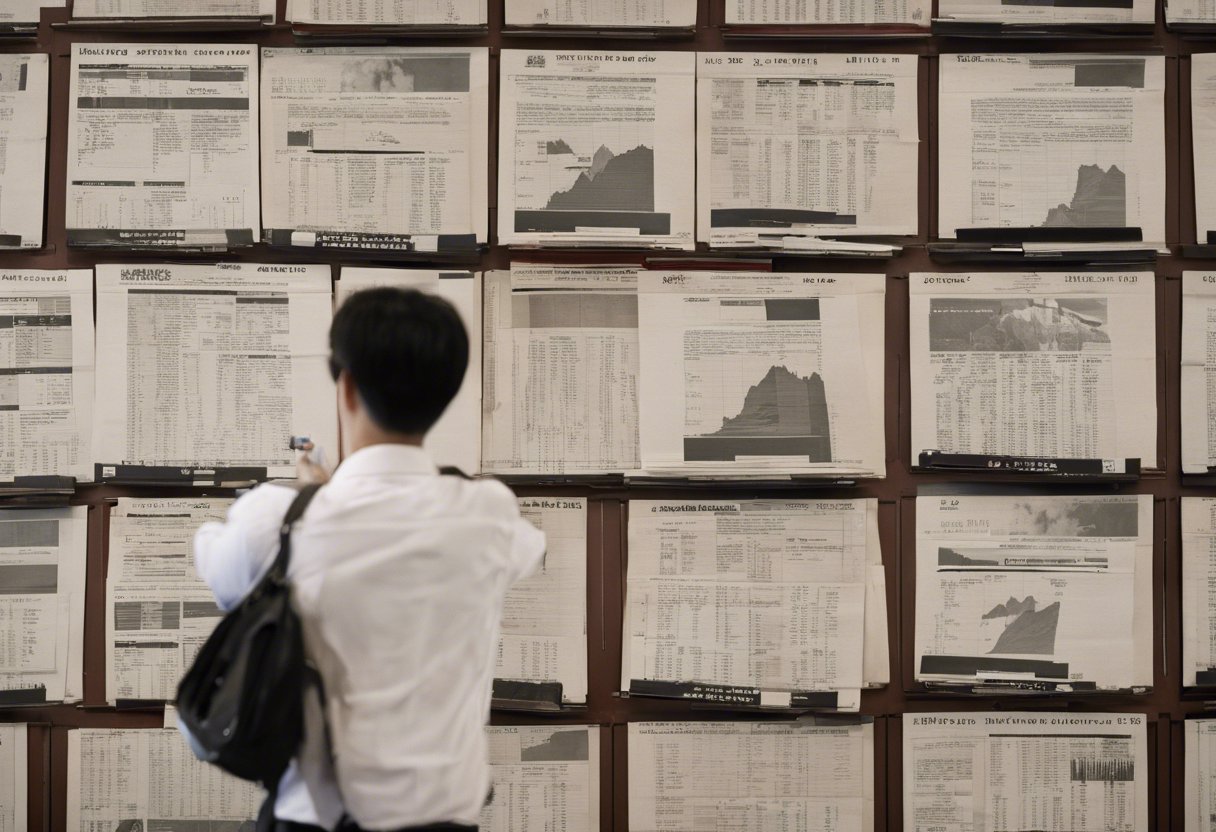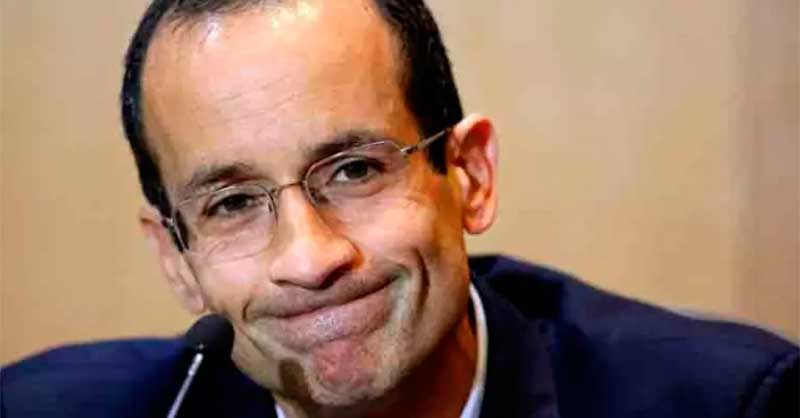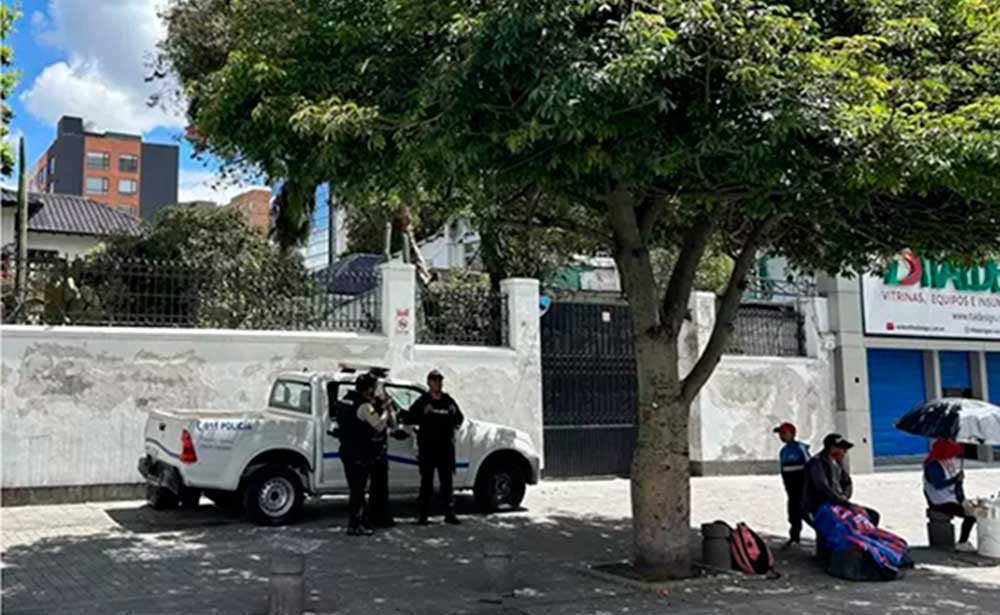The Pope during this Wednesday’s general audience
– Evandro Inetti/ZUMA Press Wire/d / DPA
ROME, May 9 (EUROPE PRESS) –
The Pope warns that the demand for peace challenges everyone and urges that concrete projects be carried out in the bull published this Thursday, May 9, to call the Jubilee of Hope, which will start on December 24 and will end on January 6, 2026. “May the commitment of diplomacy to courageously and creatively build negotiation spaces oriented towards lasting peace not be lacking,” he emphasizes.
The most significant paragraphs of the bull have been read in St. Peter’s Basilica by the regent of the Pontifical Household Prefecture, Leonardo Sapienza, a close collaborator of the Pope, who attended the reading in a wheelchair.
The Pontiff warns that humanity, “forgetful” of the past’s dramas, is subjected to a new and difficult test when it sees many populations oppressed by the brutality of violence. “What else do these peoples have left to suffer? How is it possible that their desperate cry for help does not urge the responsible parties of the Nations to want to put an end to the numerous regional conflicts, aware of the consequences that may arise globally? Is it too much to dream that weapons will fall silent and cease causing destruction and death? Let the Jubilee remind us that those who ‘work for peace’ can be ‘called children of God’,” he reflects.
Francisco will open the Holy Door of the Cathedral of St. John Lateran on December 29, 2024. On the same day, he has instructed that in all cathedrals and co-cathedrals, diocesan bishops celebrate the Eucharist as the solemn opening of the Jubilee Year, according to the Ritual that will be prepared for the occasion.
The Pontiff will also open the Holy Door of the Papal Basilica of Santa Maria Maggiore on January 1, 2025. And, finally, on Sunday, January 5, the one of St. Paul outside the walls. These last three Holy Doors will close on Sunday, December 28 of the same year.
The Holy Year occurs, according to an ancient ecclesial tradition, every 25 years, although Francis convened the Extraordinary Jubilee of Mercy in 2015. Pope Boniface convened the first great Jubilee in Church History in the year 1300 also by means of a bull. It is a medieval tradition – when every papal decree, related to solemn celebrations, was issued through this type of document with a papal seal – that still remains in force today in the Catholic Church. In fact, the same word from the Latin ‘bulla’ precisely means seal.
In the bull, Francis also warns of the current “lack of desire” to have children, a trend that he frames in “fears” about the future and the lack of job security and social safeguards. In this sense, he calls on Christians to create an “inclusive and non-ideological” social alliance that can fill the “many empty cradles that already exist in numerous parts of the world.”
FORMS OF AMNESTY OR PARDONING OF SENTENCES
Francis also remembers the prisoners and has proposed to the governments of the world that, in the Jubilee Year, forms of amnesty or pardon of the sentence be adopted, as well as reintegration paths into the community. In this regard, he anticipates that, to offer the inmates a concrete sign of closeness, he himself will open “a Holy Door in a prison,” although he has not specified when or where.
The Pope also refers to the sick and asks that their suffering be alleviated with the closeness of visiting people and the affection they receive. He also warns young people about the “illusion” of drugs, the risk of falling into crime, or the search for the ephemeral. However, he acknowledges that it is inevitable that they experience the present with “melancholy” and “boredom” in some circumstances, for example when studies do not offer opportunities and the lack of work or a sufficiently stable occupation threatens to destroy desires.
Likewise, he criticizes that immigrants’ hopes are frustrated by prejudices and closures and calls on Christians to stand out for always being willing to defend the rights of the weakest. Regarding the elderly, the Pontiff laments that they often experience loneliness and feelings of abandonment and calls for weaving an “alliance between generations.”
The Pope also highlights the succession of “waves” of ever new poverty against which there is a risk of becoming accustomed and resigned. “Every day we find poor or impoverished people who sometimes can be our neighbors. Often they do not have a home, nor enough food for each day. They suffer exclusion and indifference from many,” he criticizes.
He also considers it “scandalous” that they are present in international political and economic debates, but that their problems are raised as an “appendage” or as a matter that is almost obligationally or peripherally added. “Let’s not forget: the poor are almost always victims, not criminals,” he emphasizes.
Furthermore, Francis calls on rich countries and international organizations to cancel “unjust and unpaid debts.” “There is another urgent invitation that I wish to address in view of the Jubilee Year; it is addressed to the richest nations, so that they recognize the seriousness of many decisions taken and determine to cancel the debts of countries that will never be able to repay them,” he demands.
Finally, he reiterates his call for the money used in weapons and other military expenses to establish a World Fund to end hunger and for the development of the poorest countries, so that their inhabitants do not resort to violent or deceptive solutions or need to leave their countries to seek a more dignified life.
Post Views: 75



